The 2023 Research Conference took place on one of the hottest days of the year so far.
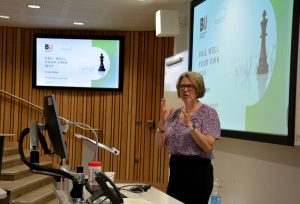
Dr Jan Peters MBE gives the keynote speech at the BU Research Conference 2023
The theme of this year’s conference was also a hot topic: failure, and how to deal with obstacles and setbacks throughout the research journey.
Opening the conference, Professor Einar Thorsen, Executive Dean of the Faculty of Media and Communication, set the tone for the event – speaking openly and honestly about times when his research hasn’t gone to plan.
Keynote speaker Dr Jan Peters MBE shared stories from her time working in both academia and industry and the lessons she’d learnt – from embracing your strengths to avoiding comparing yourself to others.
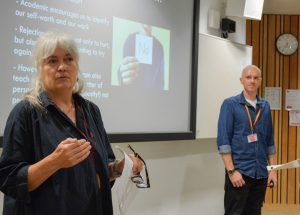
Professor Ann Hemingway and Professor Sam Goodman share their insights for overcoming academic rejection
In a joint keynote, Professor Ann Hemingway and Professor Sam Goodman, shared their advice and insights into experiencing and overcoming academic rejection. As well as presenting some choice comments they’d received from reviewers in the past, they also shared their tips for ‘failing better’, including the 3 Rs – resubmit, repurpose or restart.
Over lunch, attendees had the chance to decorate ‘failure cakes’ with the team from the Centre for Health, Science and Communication Research, icing cupcakes with positive messages for those who might have experienced failure.
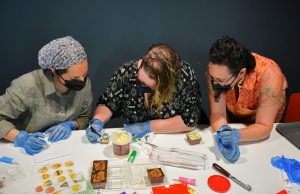
Failure cake decorating as part of the BU Research Conference 2023
In the afternoon, workshops offered the opportunity to learn practical tips and strategies for dealing with difficulties. Topics covered included building resilience, articulating your strengths, repurposing grant applications and improving writing approaches.
The conference was closed by Robert Seaborne from Inside Academia, who spoke about the dichotomy between the core values of research (learning through failure to discover something new or unknown) and the success metrics which pervade academic culture.

Robert Seaborne closing the BU Research Conference
Discussing his own experience of burnout during his PhD and the scale of mental health issues seen within academia, Robert also shared the advice he’d give to his younger self – which include the need to rest and recover and maintain the activities outside of academia that help you stay happy and healthy.
The Research Conference is an annual event organised by the Research Excellence Team in RDS to bring BU’s academic and research community together to learn, share, network and discuss key topics from the world of research.
A big thank you to everyone who supported or attended this year’s conference. If you have any feedback or suggestions of topics for future years, please get in touch at research@bournemouth.ac.uk
 UKRIO has announced details of a forthcoming Free Webinar “Introduction to Research Integrity” on Wednesday 18th October from 10:00 – 11:00 BST.
UKRIO has announced details of a forthcoming Free Webinar “Introduction to Research Integrity” on Wednesday 18th October from 10:00 – 11:00 BST. 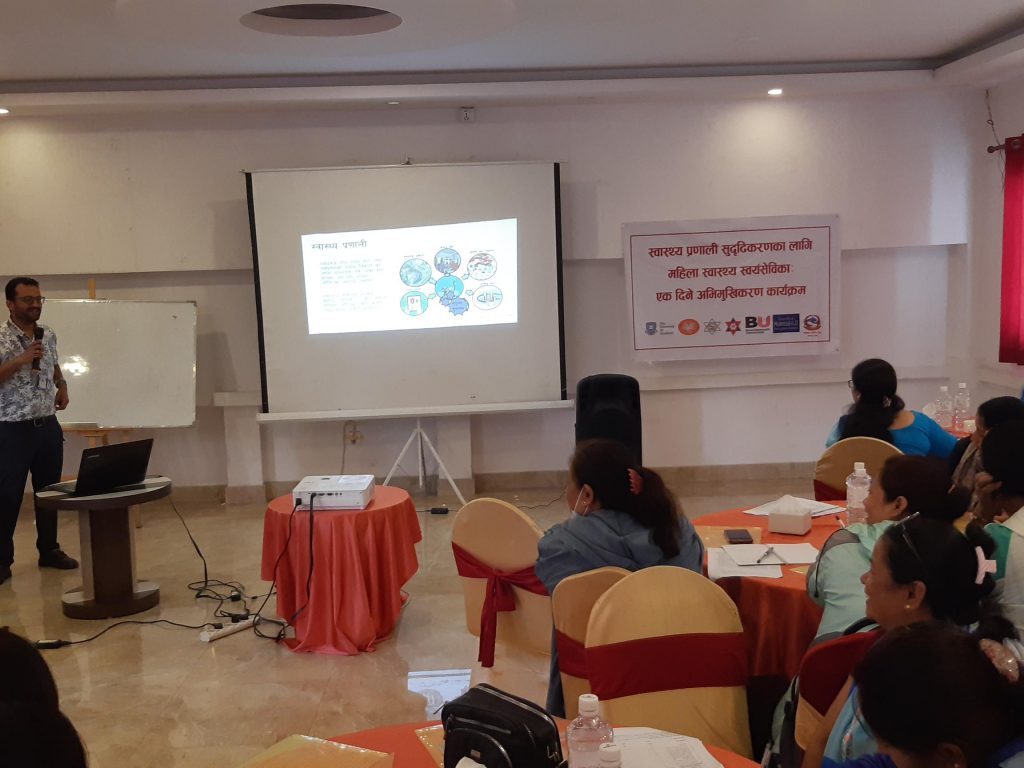
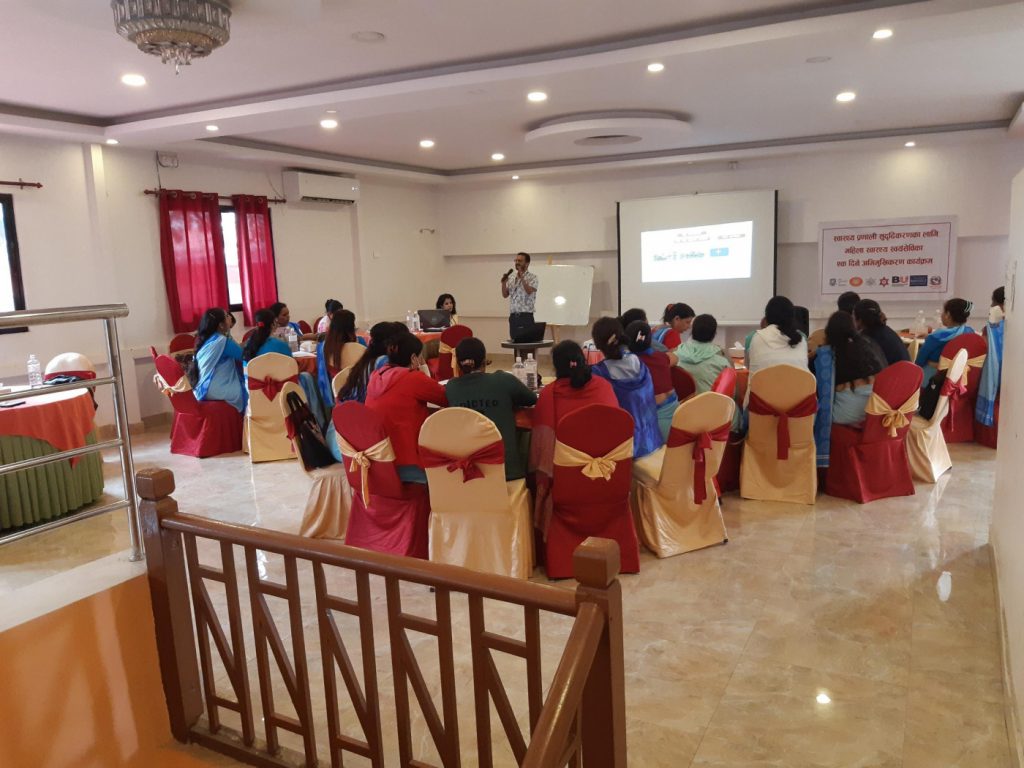
 This session is aimed at any researcher who is, who plans to be, a Principal Investigator for an externally funded research or knowledge exchange project. Topics covered include:
This session is aimed at any researcher who is, who plans to be, a Principal Investigator for an externally funded research or knowledge exchange project. Topics covered include:





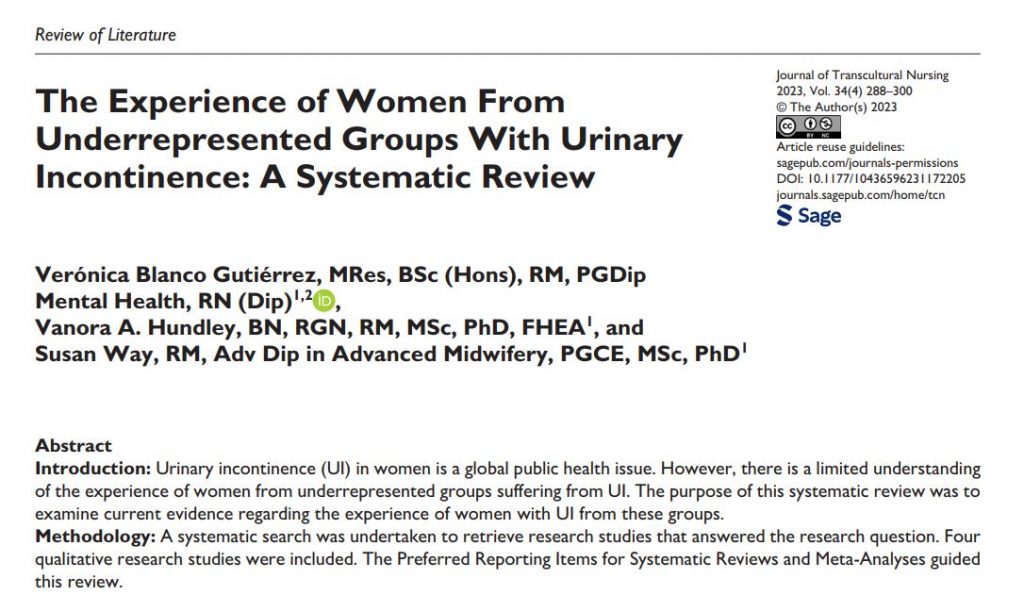
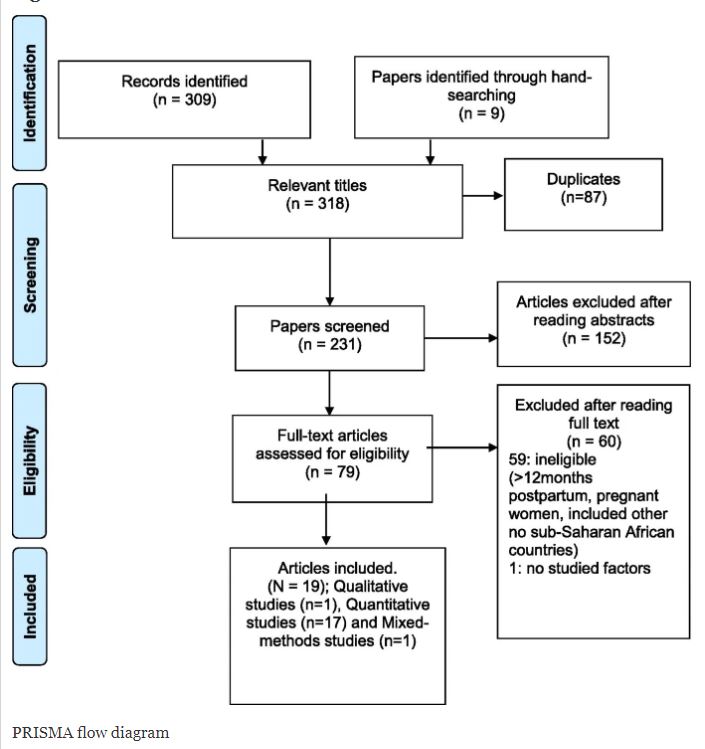
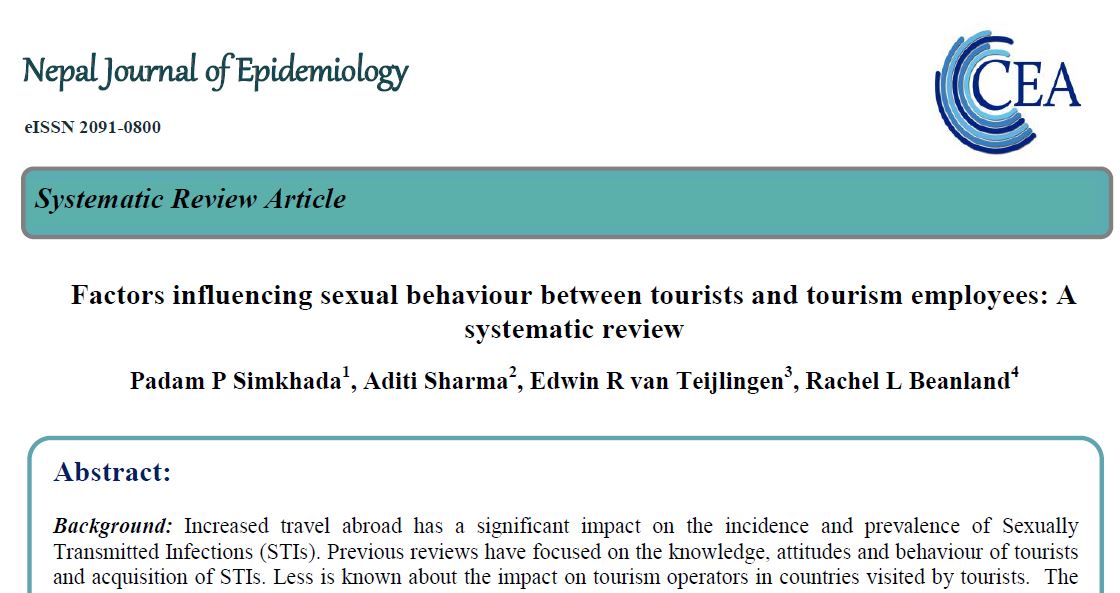
 As part of the RKEDF Impact Essentials programme, booking is now open for the Impact Essentials: creating your impact development plan 2-hour in-person workshops. There are 4 dates to choose from and they will be delivered on both Talbot and Lansdowne campuses, so hopefully there will be a date and time that is convenient for everyone who would like to attend.
As part of the RKEDF Impact Essentials programme, booking is now open for the Impact Essentials: creating your impact development plan 2-hour in-person workshops. There are 4 dates to choose from and they will be delivered on both Talbot and Lansdowne campuses, so hopefully there will be a date and time that is convenient for everyone who would like to attend.

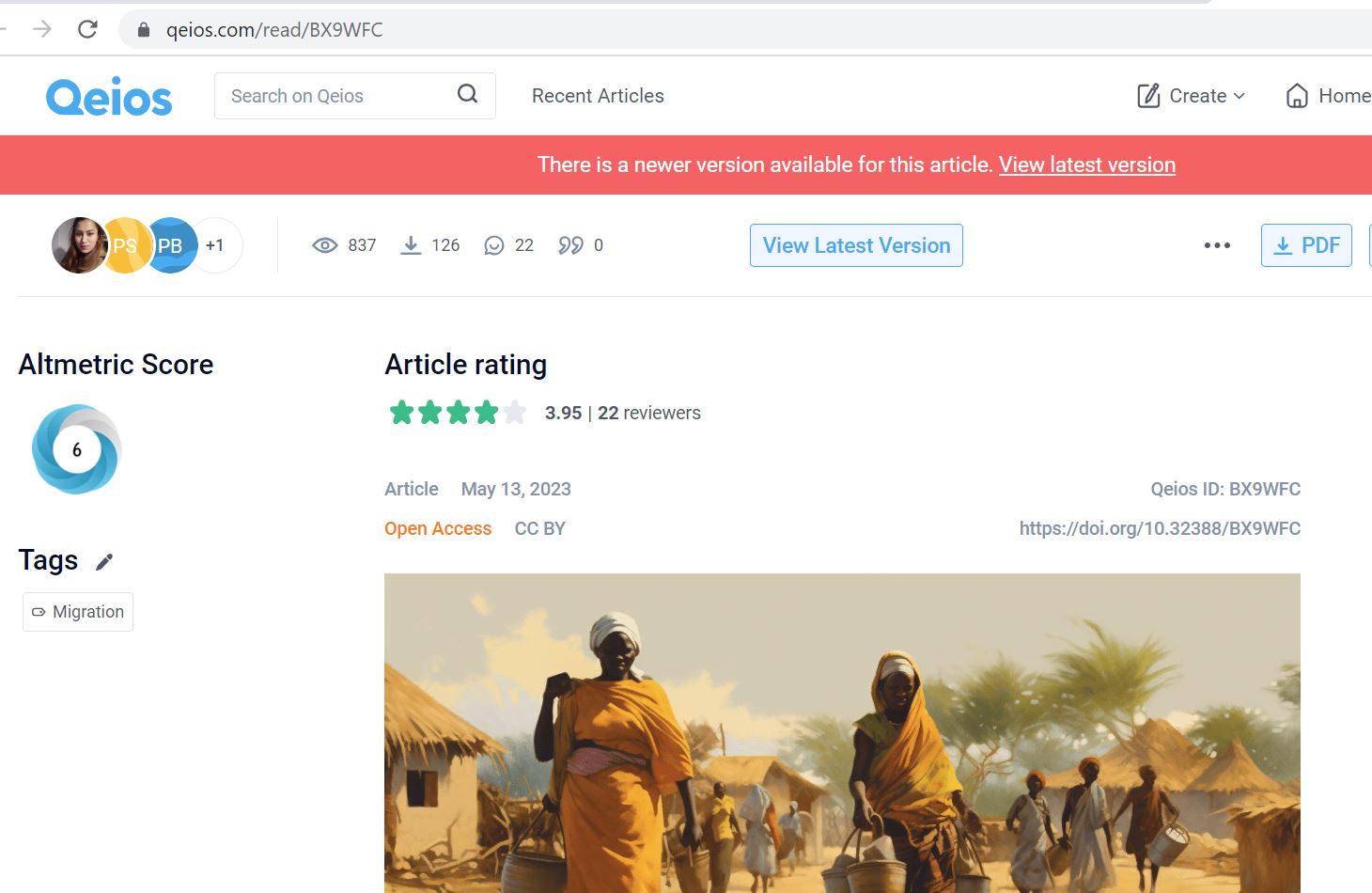
















 BU attendance at third annual GCPHR meeting in June
BU attendance at third annual GCPHR meeting in June Interactive Tangible and Intangible Heritage Applications – BU student work featured in new book chapter
Interactive Tangible and Intangible Heritage Applications – BU student work featured in new book chapter Second NIHR MIHERC meeting in Bournemouth this week
Second NIHR MIHERC meeting in Bournemouth this week MSCA Postdoctoral Fellowships 2025 Call
MSCA Postdoctoral Fellowships 2025 Call ERC Advanced Grant 2025 Webinar
ERC Advanced Grant 2025 Webinar Horizon Europe Work Programme 2025 Published
Horizon Europe Work Programme 2025 Published Horizon Europe 2025 Work Programme pre-Published
Horizon Europe 2025 Work Programme pre-Published Update on UKRO services
Update on UKRO services European research project exploring use of ‘virtual twins’ to better manage metabolic associated fatty liver disease
European research project exploring use of ‘virtual twins’ to better manage metabolic associated fatty liver disease